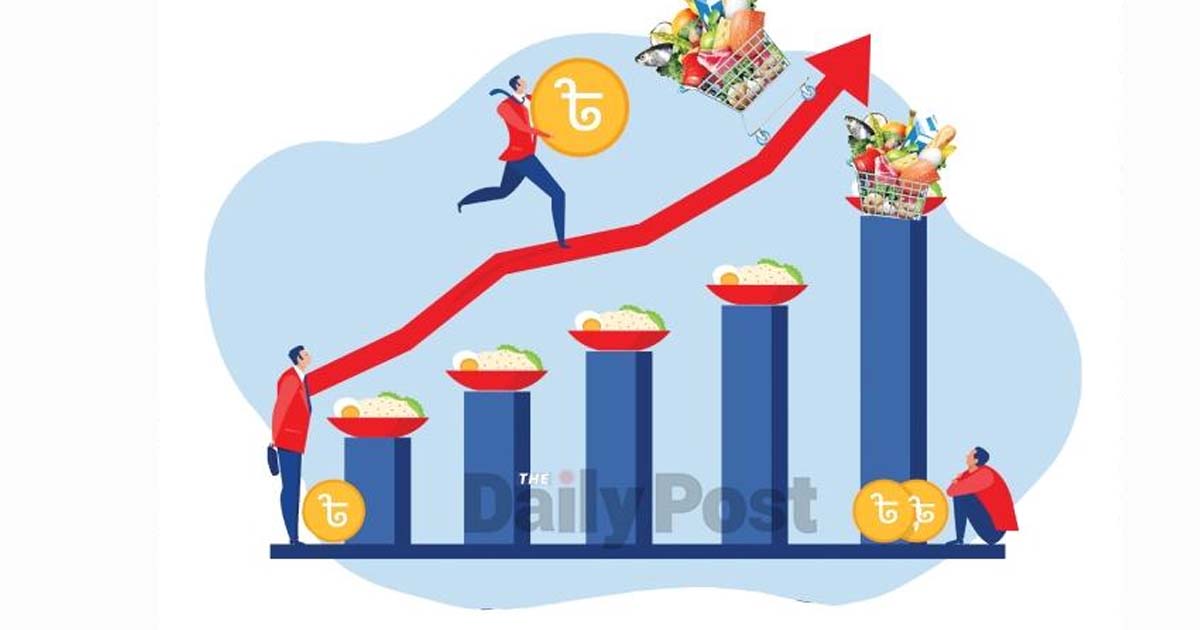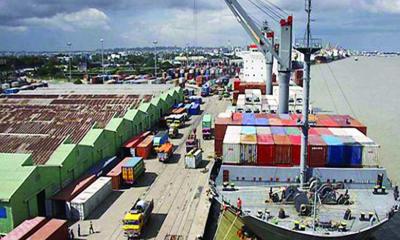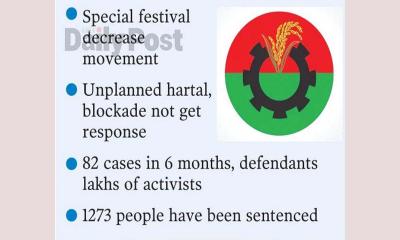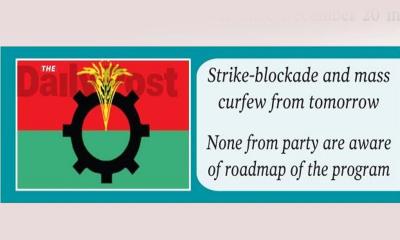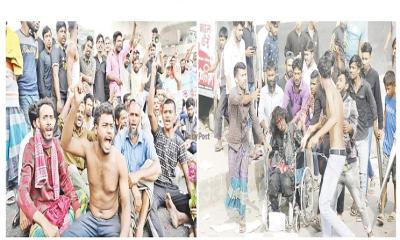There are about 50 national elections all over the world in this year. Bangladesh’s national poll is the most important for its geographic and economic ground.
After the three turmoil in neighboring government arenas like Afghanistan, Sri Lanka, and Pakistan, the world keeps one eye on the Bangladesh election.
In the last session of the Bangladesh Government, they successfully opened the Padma Bridge, Metro rail, Karnaphuli Tunnel, Dhaka to Bazar rail route. Padma Bridge already affects the economy positively. After increasing the schedule in metro rail, traffic jams will be decreased inh Dhaka. Share market and foreign Direct Investment (FDI) are waiting for the post-election circumstance. The most foreign income source Ready Made Garment (RMG) sector already fixed the minimum wage rate. Economists think fixing the wages rate is timely, appropriate and it can stablilize the export size.
Throughout the year, the common people had to struggle with the prices of commodity market as the inflation was high in the country. The price of almost every commodity has increased. Due to the increase in market costs, the lives of low and middle income people have become miserable. Inflation was above 9 percent for nine consecutive months.
The country has not seen such high inflation for such a long time in the last decade. At the end of the year, the common people are suffering from inflation. Especially the poorest and low-income people may remember 2023 as a horrible year for living.
In the last one year, the prices of each commodity have suddenly increased which caused instability in the market. For example, the prices of essential commodities such as eggs, meat, potatoes, onions, green chillies, sugar have suffered a lot for the common people. The price of rice, the main food commodity, has also fluctuated throughout the year.
In addition to consumer goods, the prices of essential commodities like oil, soap, shampoo have also increased. Spending has increased in every sector including education, health, transportation. As a result, inflation has touched about 10 percent for three-quarters of the year. Compared to that, people's income has not increased.
Selim Raihan, executive director of South Asian Network on Economic Modelling (SANEM), a private research organization said that the common people had to struggle due to high prices of commodities throughout the year. They have managed the family expenses by cutting the list of markets. In the last few years, such inflation has not been seen for such a long time.
He also said that steps should be taken to reduce inflation. In the five years of the present government, controlling inflation has emerged as one of the biggest challenges in the economy. To control inflation, the monitoring system should be strengthened to reduce the prices of goods.
Inflation figures were found from January to November this year. The average inflation in these 11 months was 9.48 percent. This means that if all the expenses of a person are Tk 100 in 2022, then in 2023 it has increased to Tk 109.48. That is, the cost has increased by Tk 9.48 per Tk 100. Now, if a family spends an average of Tk 30,000 per month in 2022, it has increased to Tk 32,844 in 2023. The cost has increased by Tk 2,844 per month.
This is the average figure across the country. The increased pressure of inflation has made the poor suffer more. Economists believed that the pressure of inflation on poor people is above 20 percent. This means that the cost of a poor family has increased by one-fifth. For some, it's too much. Because, the prices of almost all commodities including rice, pulses, sugar, flour-flour, vegetables, fish-meat, eggs, onions have increased. The lion's share of the income of low-income people goes to buy them.
Rapiq Alom works in a private company of the capital. He gets a monthly salary of Tk 40 thousand. He is survived by his wife and two children. He has to borrow something every month to run all the expenses including house rent, family expenses, children's education. The household expenses have increased by more than 30 percent in the last one year. There have been a lot of cuts in the market to cover these costs. I used to eat meat once a week. Now I eat once in two weeks.
The country has set two records for inflation in 2023. One is in overall inflation, the other is in food inflation. The heat of inflation was the highest in May this year. Overall inflation rose to 9.94 percent in that month, the highest in the last 134 months or 11 years and two months. Earlier, the overall inflation rose to 10.10 percent in March 2012.
Food inflation has also hit a record high in a decade. According to the Bangladesh Bureau of Statistics (BBS), food inflation rose to 12.54 percent in August, the highest in the last 11 years and seven months. Earlier, food inflation was 12.73 percent in January 2012.
If the price of goods increases, the cost of living increases. It is expressed by inflation. Inflation in the country has been above 9 percent for 9 consecutive months. This is considered quite worrying. Inflation rose to 8.78 percent in February from 8.57 percent in January, the first month of this year. The next month, it rose to 9.33 percent. It didn't fall below 9 percent. It fluctuates above 9 percent. In November last year, the overall inflation was 9.49 percent.
If the income increases, the price of goods increases, but people do not have much problem buying it. But in the last one and a half years in the country, the rate of increase in wages is less than inflation. According to the BBS, wages have risen at a slower rate than inflation has been every month since May 2022. In May last year, inflation was 7.42 percent.
The wage growth rate was 6.38 percent in that month. After that, the rate of wage growth could not catch inflation. In November this year, the national wage growth rate stood at 7.72 percent. This means that as wages have increased, the price of goods has increased more.
ARS


